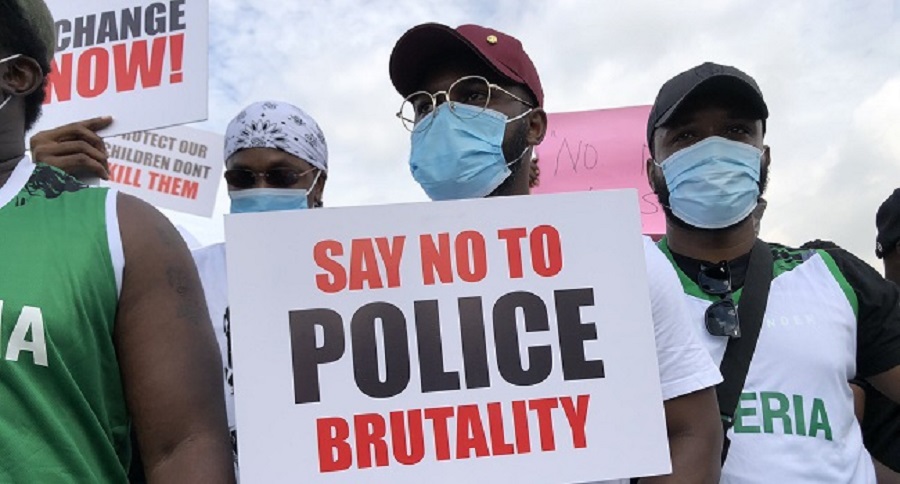The past four weeks in Nigeria has been particularly challenging for citizens of Nigeria, home and abroad. From Nigeria being 60 and still experiencing significant setbacks to #EndSars protest to the Lekki Tollgate Massacre. Except you live in a pineapple under the sea, you’ll know that the recent news pervading the country is that of supposed citizens breaking into warehouses across the country searching for palliatives.

Let me take you a while back to the revolutionary period of the emergence of the COVID-19 in Nigeria. In March 2020, Nigeria experienced her grand reception of the pandemic, which necessitated significant shut down of monetary establishments, educational sectors, sports and leisure alike across the country.
However, to tackle the situation effectively, an organization was established on 26th March 2020. Coalition Against COVID-19 was established as a private-sector task force in partnership with the Federal Government, Nigeria Center for Disease Control (NCDC), and the World Health Organization (WHO) combat COVID-19 in Nigeria. This task force was established to commemorate the Federal Government’s effort by providing and equipping medical facilities within the six geo-political zones in Nigeria, pulling resources across industries to supply funding and advocacy through an aggressive awareness drive.
In August, CACOVID announced the kick-off of a national wide food palliative distribution worth an estimated #23billion.
However, the government didn’t commence the distribution immediately. They were expecting a supposedly collective go-ahead from Abuja’s organization’s top office before proceeding with the distribution.
After hoodlums across the country hijacked the protest, the government of some central States declared a state of curfew in a bid to make sure peace and orderliness. It marked the process where people began to loot warehouses where the said palliatives were stored.
Protesters fly the Nigerian flag chanting “Soro soke,” a Yoruba phrase that translates to “Speak up” in English, in Lagos on Oct. 18. Nelly Ating for Foreign Policy
On the 21st of October 2020, Lagos witnessed the main break-in after people razed the warehouse to the bottom and carted away all items. It was followed by looting in other states like Lokoja, Osun, Port Harcourt, Adamawa, and Kaduna. Many of these lootings were happening in Kaduna’s NAFDAC office as an example and the State Emergency Management Agency (SEMA), a fertilizer and chemical factory in Ado Ekiti.
Now, watching how the peaceful protest has turned out, are these looting justifiable or not? Is it right for the government to hoard these items until this period when it could have served its Nobel cause at the inception of its provision? These and lots more are questions running through a lot of minds requesting answers. However, amid individuals trying to acquire what belongs to them as it were, many innocent people have had their businesses vandalized and destroyed within the space of 1-week due to lootings. There have been reports of hoodlums breaking into shops, stores, marts, and private warehouses of innocent citizens carting away their goods. Who is actually behind it? That’s a question we can’t answer as well.
It is a known fact that Nigerians are accustomed to survival through hardship. However, it does not justify the reality that Nigerians are starving. And the refusal to virtually attend to this plight led to multiple economic backlashes on the government and innocent citizens. Who’s fault will this be? The conversation should start now, and it should birth the change we clamour for, until we are all free; no one is.
Columnist & Commentator: Dotun Famoriyo.